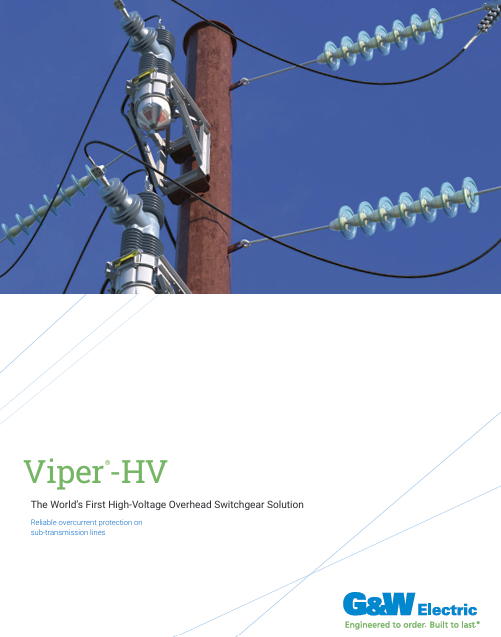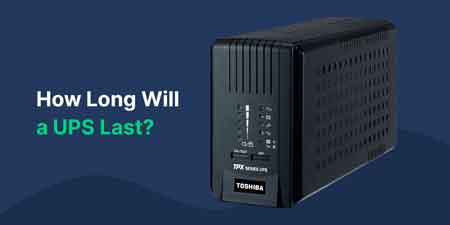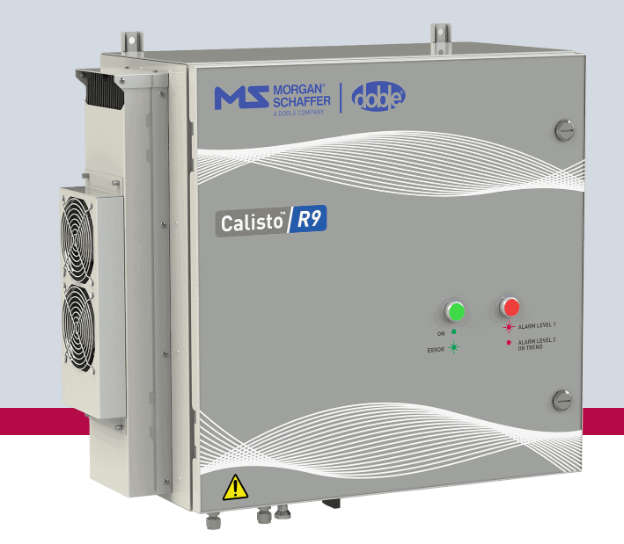What is the Relationship Between OSHA and NFPA 70E?
By Frank Baker, Associate Editor
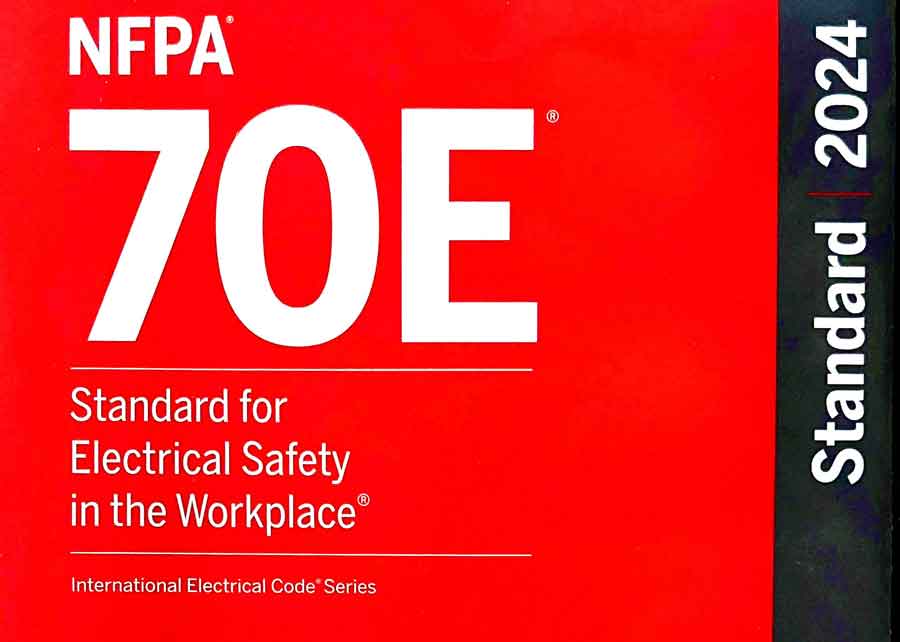
CSA Z462 Arc Flash Training - Electrical Safety Essentials
Our customized live online or in‑person group training can be delivered to your staff at your location.

- Live Online
- 6 hours Instructor-led
- Group Training Available
Download Our OSHA 3873 Fact Sheet – Minimum Approach Distance and Training Requirements
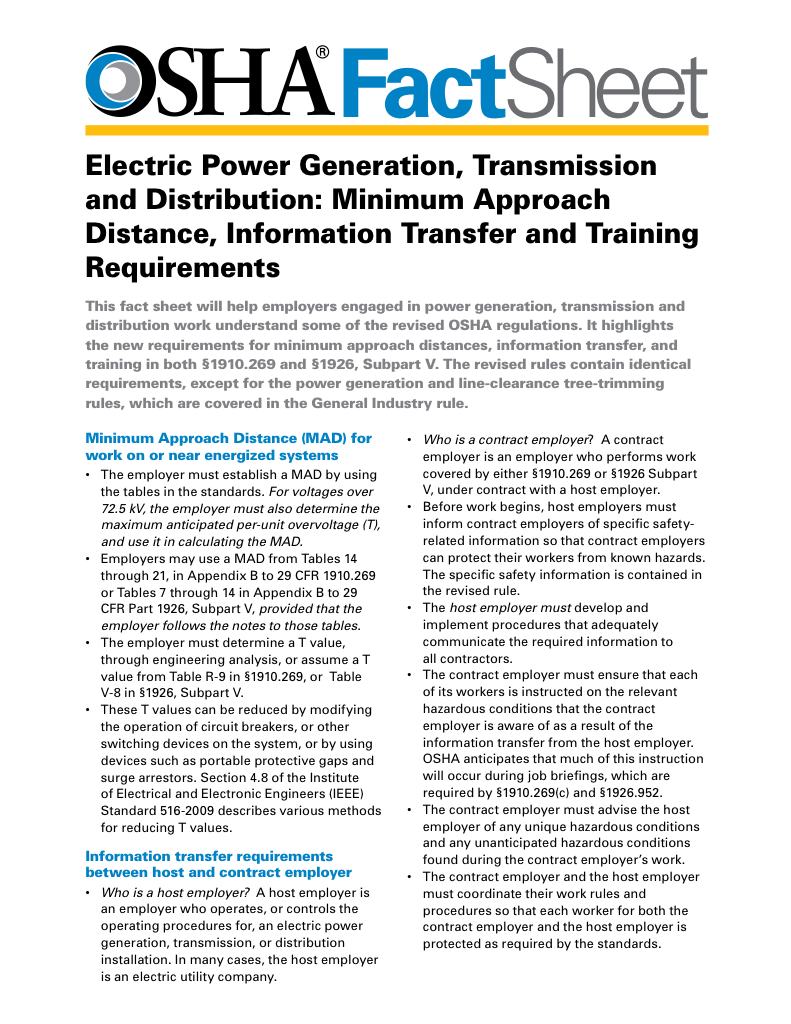
- Calculate MAD using voltage and overvoltage values
- Ensure proper communication between host and contract employers
- Meet OSHA training requirements for qualified electrical workers
The relationship between OSHA and NFPA 70E connects regulatory enforcement and safety standards. OSHA mandates electrical safety compliance, while NFPA 70E provides detailed procedures for arc flash protection, PPE use, and hazard analysis in the workplace.
What is the relationship between OSHA and NFPA 70E?
The relationship between OSHA and NFPA 70E defines how electrical safety is regulated and practiced in industry.
✅ OSHA enforces workplace safety under federal law
✅ NFPA 70E provides methods to meet OSHA requirements
✅ Together, they ensure arc flash and shock protection compliance
OSHA sets the legal framework for workplace electrical safety, while NFPA 70E provides detailed best practices for reducing hazards like arc flash and electric shock. Together, these two standards form a comprehensive safety strategy that helps protect workers, ensure compliance, and guide the development of effective electrical safety programs.
The relationship between OSHA compliance and NFPA 70E standards plays a critical role in promoting electrical safety and preventing workplace hazards. While OSHA establishes enforceable regulations for employee protection, NFPA 70E provides the practical framework and procedures to meet those legal requirements, including PPE requirements and safe work practices. Understanding this enforcement relationship helps employers create safer environments, reduce liability, and ensure that electrical workers follow consistent safety protocols that align with both federal law and industry standards.
Request a Free Training Quotation
How OSHA and NFPA 70E Work Together
The relationship between OSHA and NFPA 70E is pivotal for ensuring workplace safety, particularly in addressing arc flash hazards and promoting electrical safety standards. OSHA establishes enforceable regulations to protect workers, while NFPA 70E provides detailed guidelines for safe work practices, including PPE requirements and hazard assessment protocols. Together, they form a comprehensive framework for electrical safety, helping employers implement risk management strategies and compliance measures. By aligning with NFPA 70E’s standards, such as lockout/tagout procedures and training programs, businesses can meet its General Duty Clause, reducing workplace injuries and fostering a culture of safety and accountability. NFPA 70E was originally developed to provide detailed, actionable guidance for mitigating electrical hazards. Read more about that development here.
FREE EF Electrical Training Catalog
Download our FREE Electrical Training Catalog and explore a full range of expert-led electrical training courses.

- Live online and in-person courses available
- Real-time instruction with Q&A from industry experts
- Flexible scheduling for your convenience
Electrical safety in the workplace is heavily influenced by frameworks shaped by statutory standards and regulations, ensuring compliance across industries. These guidelines outline the electrical safety requirements for employee workspaces, which are essential for minimizing risks and ensuring operational efficiency. The Occupational Safety and Health Administration (OSHA) enforces these standards under specific circumstances, but it cannot create additional employer obligations beyond what is outlined in the regulations. This balance ensures that safety measures are both practical and effective while adhering to the regulatory expectations designed to protect workers.
While NFPA 70E is not formally incorporated by reference into its standards, it is often used by OSHA as evidence of what a qualified employer should know or implement under the General Duty Clause. Our OSHA Arc Flash Requirements page explains this.
OSHA Workplace Enforcement
The Occupational Safety and Health Administration OSHA enforces workplace safety under 29 CFR, which outlines mandatory requirements for protecting employees from electrical hazards. While employers are affected by statute standards and regulations, additional guidance can be found in voluntary consensus documents, including NFPA 70E, which provides practical methods for mitigating arc flash and electrical shock risks in compliance with general duty requirements.
For employers, the relationship between OSHA and NFPA 70E means that while OSHA outlines the “what” of compliance, NFPA 70E provides the “how.” Companies that adopt NFPA 70E practices can better demonstrate due diligence during inspections or audits. Our OSHA-1910-147 page is procedural and regulation-specific. Our OSHA Electrical Safety Training page outlines the employer's responsibilities for providing arc flash and electrical safety training to workers.
Frequently Asked Questions
How Do OSHA and NFPA 70E Relate
OSHA and NFPA 70E complement each other in creating safe work environments. OSHA is a regulatory agency that enforces workplace safety standards under the Occupational Safety and Health Act. Its goal is to prevent death or serious physical harm by ensuring that workplaces are free from recognized hazards. Standards such as NFPA 70e, developed by the National Fire Protection Association (NFPA), are national consensus standards that provide detailed guidelines for electrical safety, including safe work practices and personal protective equipment (PPE). Together, OSHA’s enforcement and NFPA 70E’s practical guidelines help employers create safer electrical work environments.
What is the Difference Between OSHA and NFPA 70E?
The key difference is that OSHA establishes the legal standards that must be followed to ensure workplace safety. These standards are enforceable by law, meaning that failure to comply can result in citations or penalties. The rc flash standard, on the other hand, is a best-practice guideline developed to help companies meet safety requirements. While it is not legally enforceable on its own, following it helps companies remain compliant with the standards, particularly when managing electrical hazards.
Is NFPA 70E Required by OSHA?
OSHA does not explicitly require compliance, but it is heavily referenced as a guide for ensuring workplace safety. Regulations mandate that employers maintain safe workplaces free from electrical hazards, and following the arc flash standard can be an effective way to meet these requirements. This is especially true in high-risk electrical tasks, where safety-related work practices and protective measures outlined in NFPA 70E are crucial.
How Does OSHA Use NFPA 70E in Enforcement?
Although the arc flash standard is not legally required, OSHA often uses it as a reference when enforcing electrical safety regulations. During inspections or investigations of electrical-related incidents, inspectors may examine whether a company followed the guidelines in NFPA 70E to ensure worker protection. This includes evaluating whether employers provided appropriate personal protective equipment (PPE), adhered to shock protection boundaries, and implemented safe work practices to reduce the risk of electric shock or other injuries.
Test Your Knowledge About Arc Flash!
Think you know Arc Flash? Take our quick, interactive quiz and test your knowledge in minutes.
- Instantly see your results and score
- Identify strengths and areas for improvement
- Challenge yourself on real-world electrical topics
For example, if an employee is injured while working on energized equipment, OSHA might assess whether the safety protocols outlined in the arc flash standard were followed. Compliance with these guidelines can help mitigate the severity of penalties in the event of an incident.
What Specific Electrical Safety Requirements Does OSHA Enforce from NFPA 70E?
Many of OSHA’s electrical safety requirements align with the safety-related work practices found in the standard. For instance, both emphasize the importance of proper PPE, shock protection, and training for qualified workers who perform electrical work. It enforces standards related to electrical system maintenance, personal protective equipment, and lockout/tagout procedures, all of which are essential in preventing physical harm in electrical environments.
The arc flash standard offers detailed guidance for implementing these requirements. For example, it helps employers determine the appropriate PPE for workers exposed to electrical hazards and establish safe boundaries around energized electrical equipment. Discover the full range of Arc Flash PPE Requirements needed to comply with both NFPA and OSHA regulations for electrical safety gear.
Do Employers Have to Follow Both OSHA and NFPA 70E for Electrical Safety?
Employers are legally required to follow the regulations for electrical safety, but they are not specifically required to adhere to the arc flash standard. However, because NFPA 70E provides a comprehensive framework for managing electrical hazards, many companies voluntarily adopt its practices to ensure compliance with the standards and to protect their workers.
By following both OSHA and NFPA 70E guidelines, employers can more effectively manage electrical hazards, minimize the risks of death or serious injury, and ensure that employees are equipped with the proper training and protective equipment.
The relationship is crucial for enhancing workplace safety. OSHA establishes enforceable regulations that companies must follow to prevent electrical hazards, while the arc flash standard provides practical guidelines to help employers comply with these requirements. By incorporating the standards outlined in NFPA 70E, companies can not only ensure compliance with OSHA’s regulations but also create safer environments for their employees. Understand what employers must follow under OSHA Arc Flash Requirements to protect workers from electrical hazards during energized work.
Related Articles:
Explore our Arc Flash Training Programs or contact us to Request a Free Training Quotation for group safety sessions and PPE consultation.






